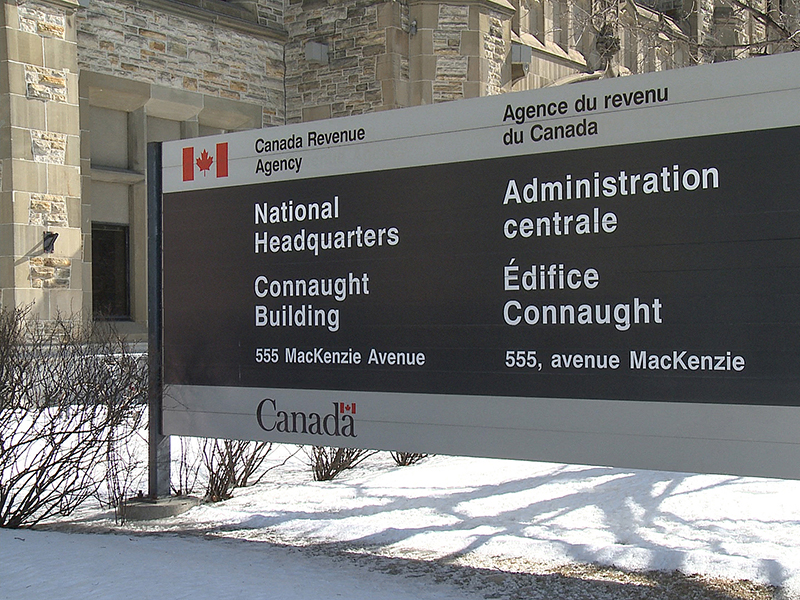
The Canada Revenue Agency (CRA) has provided updated guidance on filing obligations for the underused housing tax (UHT), even though the related legislative proposals have not been enacted.
The CRA’s UHT Notice 16, published Friday, includes sample scenarios on how proposed changes to the UHT would affect Canadian citizens and permanent residents and “specified” Canadian trusts, partnerships and corporations.
In the fall economic statement, released Nov. 21, the Department of Finance proposed excluding more owners of Canadian residential property from the UHT filing requirement for 2023 and subsequent years, and reducing penalties for failing to file for 2022 and subsequent years.
While the deadline for filing a UHT return without incurring interest or penalties for both 2022 and 2023 is April 30, 2024, the government has not tabled enabling legislation. The government’s consultation on its draft legislation ended Jan. 3.
The CRA said in Friday’s notice that its updated guidance should not be interpreted as a statement by the agency that the proposals will be passed into law.
However, the CRA published the guidance days after it posted an updated UHT return form — the UHT-2900: Underused Housing Tax Return and Election Form — that incorporated the proposed changes. The UHT-2900 includes a revised definition for “excluded owner” — a homeowner who doesn’t have to file a UHT return — for 2023 and beyond.
The CRA’s moves suggests its “confidence in [a] bill passing into law,” said David Crawford, national indirect tax leader with accounting firm Achen Henderson in Calgary, in an email.
As such, owners of Canadian residential property “will not really have a choice” but to proceed as if the proposals were already enacted, Crawford said.
John Oakey, vice-president of taxation with CPA Canada in Dartmouth, N.S., expressed similar sentiments.
“It seems implied that CRA is prepared to administer the 2022 and 2023 [UHT returns] in accordance with the draft proposed legislative amendments,” Oakey said in an email.
Most tax accountants with small and medium-sized practices with whom Oakey has consulted “are operating with the understanding that the draft proposed legislative amendments will become law,” he said.
Crawford welcomed the CRA’s updated guidance: “It provides good examples of how the proposed changes will simplify the application of the law in a variety of situations.”
However, he said he was skeptical the UHT would achieve the government’s broader policy goals.
“It is not clear yet that the UHT regime will move the needle on increasing Canada’s supply of rental housing stock or reduce or eliminate foreign ownership — particularly speculative [ownership] — of Canadian housing stock,” Crawford said.
As of mid-December 2023, the CRA had assessed $30 million in UHT for 2022, well short of the amount the government projected it would collect in the tax regime’s first year.
What is the UHT and what are the feds’ proposed changes?
The UHT is an annual 1% tax on the ownership of vacant or underused housing in Canada, effective in 2022 and subsequent years. The CRA twice extended the deadline to file a UHT return for 2022 without incurring penalties or interest. The annual filing deadline is April 30.
Under existing legislation, if a Canadian owns a property through a trust, private corporation or partnership, they generally must file a UHT return. If the trust, corporation or partnership is substantially or entirely Canadian, it may qualify for an exemption from the UHT as a “specified” Canadian corporation, Canadian partnership or Canadian trust.
In the fall economic statement, the government proposed expanding the definition of “excluded owner” to include these specified Canadian corporations, partnerships or trusts. The proposed change would be effective for 2023 and beyond.
The federal government also proposed reducing penalties associated with the failure to file a UHT return to $1,000 for individuals from $5,000 currently, and to $2,000 for a corporation from $10,000. The proposed change would be effective for 2022 onward.